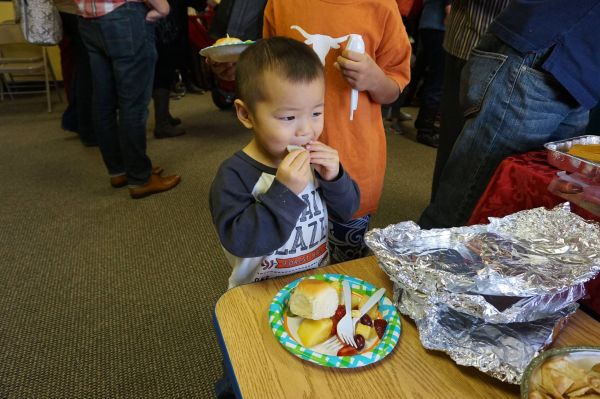
Your graduating kindergartener probably takes pride in the fact that he’ll be joining the Big Kid’s school soon. Maybe he even looks forward to the new teacher and classroom. After all, despite the advent of more rigorous academic expectations, up until now his school experience has involved reading circles, collaborative play, holiday celebrations, and low-stress, gently measured learning.
But the transition from kindergarten to first grade involves increasing academic expectations and personal responsibilities. After a few weeks of sitting in a row of desks, laboring over homework, or suffering through some high-stakes testing, your child may tell you that school just isn’t fun anymore.
Strong Academics Helps
A child who enters first grade able to count to one hundred, has a grasp of letters and sounds, can read some small words, and is curious and eager should sail through at least the first month of first-grade instruction. Confidence in these areas raises self-esteem and allows your child to focus on adjusting to other elements of the new environment. Reinforce these academic skills during the summer before first grade, so your child can hit the ground running.
Self-Sufficiency Rules
First grade is when children are urged to develop self-reliance, whether by performing their classroom duties without being told, or by remembering to write down the day’s homework assignments. One of the foundations of future academic success is the ability to organize, take initiative, and finish what you’ve started. These vital skills are lumped under the term “executive functions” and developing them now will help your child in all aspects of his life.
Consider preparing your graduating kindergartner for increasing independence by assigning a chore or two for her at home. If she’s accustomed to responsibility, then the new responsibilities of first grade won’t be as much of a shock.
Patience, Focus, Concentration
One of the major differences between kindergarten and first grade is a shift from interactive, play-based learning to sit-still-and-listen learning. Active students may have trouble adjusting to the need to focus for longer periods of time. Furthermore, for students whose school districts only offer part-day kindergarten, first grade will be the first time these children are in school for a full academic day.
Some children will adjust quickly, and others may need more time before they develop longer attention spans. Patience is vital. Be consistent in your expectations, praise your child for effort, and always keep the channels of communication open with your child’s teacher.
A little preparation can help pave the way to a successful transition. Check out these fun, creative ways to review basic academic concepts during the long, lazy days of summer.





















